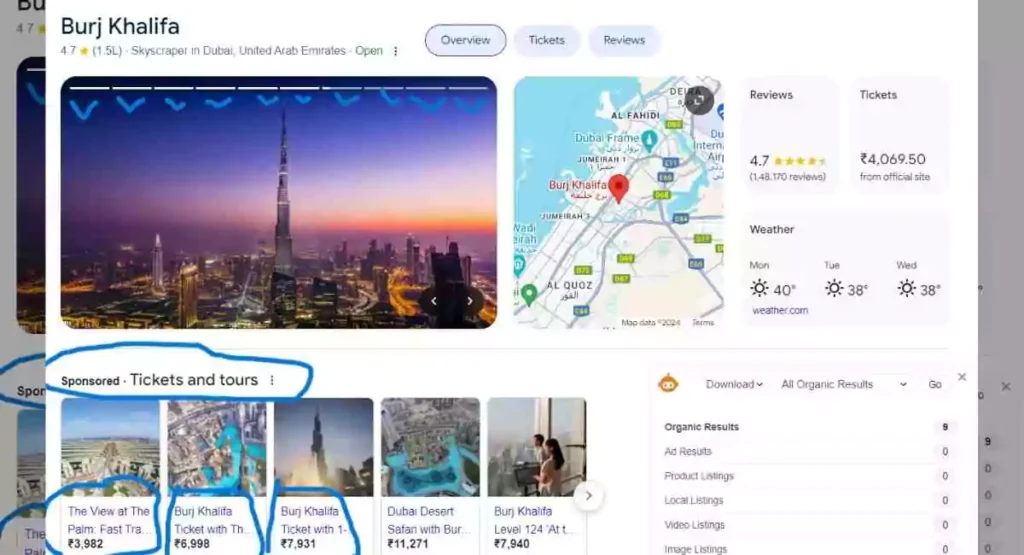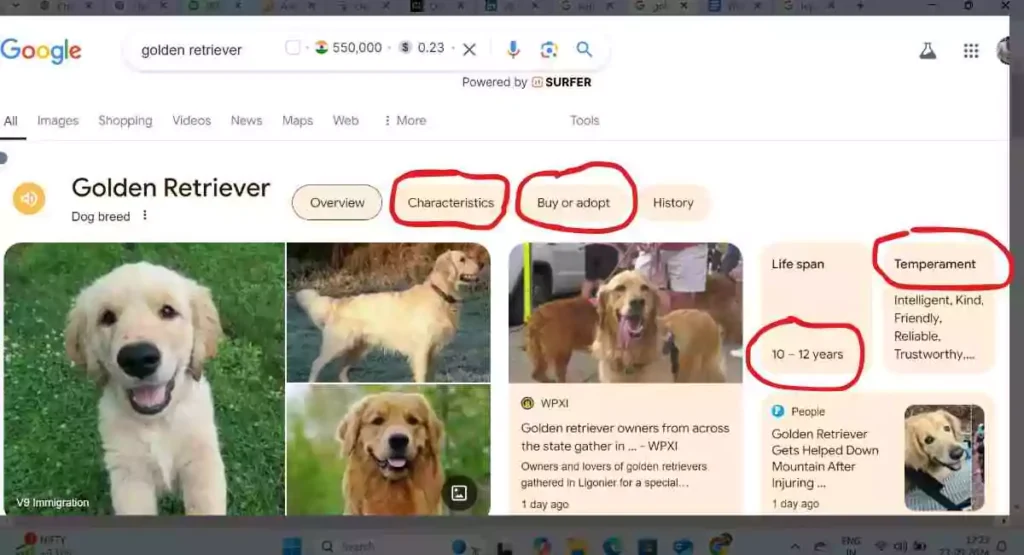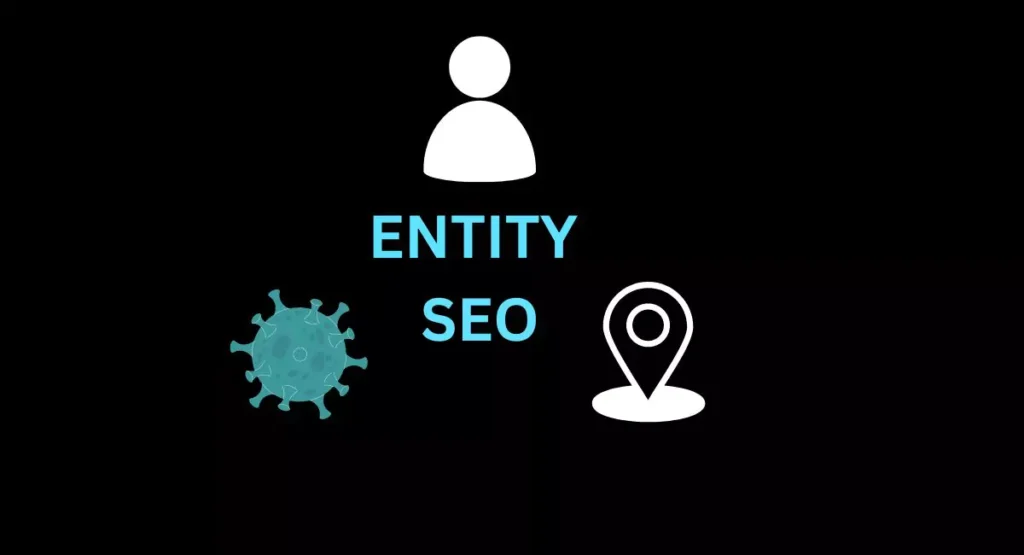You might have played a game in your childhood called Name, Place, Animal, Thing. When you are given a letter from “A” to “Z”, you start listing unique items corresponding to that letter. An entity is something that exists independently and has its own identity.
Google is getting smarter every day. Even if you make a spelling mistake while searching for an entity on Google, it often still delivers the right results because it understands the context. This is due to the concept of entities, which helps search engines interpret content beyond just the words used.
What is an Entity in SEO?
An entity, in SEO terms, is anything that is singular, unique, well-defined, and distinguishable. Entities include things like people, places, organizations, events, and other objects. Google and other search engines rely on entities to provide more relevant results by understanding the meaning behind the words we use in queries.
Entities in SEO go beyond simple keywords or phrases—they represent ideas or objects that search engines can link together to form a clearer picture of what users are searching for.
Example

To understand this better, let’s take the example of searching for Akshay Kumar on Google. Google understood the intention behind searching “Akshay Kumar” is people might be looking for new movies of him or new album videos.
Instead of getting a traditional SERP (search engine results page) with just 10 blue links, you’ll often see a knowledge panel displaying information about him. Google recognizes him as an entity, and it knows he is associated with movies, television shows, and other media.
By recognizing Akshay Kumar as an entity, Google can deliver richer search results, including his biographical details, social media profiles, filmography, and related search topics. This helps users find the information they are looking for more easily and accurately, without having to sift through numerous links.
Entities Can Be Things & Places Too

Google is becoming smarter by trying to understand ideas and concepts to provide the most relevant search results for users.
For example, if you search for Burj Khalifa, your intention might be to find images of the building. Once you like the images, you may want to check the cost of visiting or touring it. Google shows both images and tour-related information in your search results because it understands your intent.
This shows how Google uses entity-based SEO to deliver results that match not only the words you search for but also the meaning behind your search.

Google no longer just looks for matching titles to provide search results. Instead, it uses entities and natural language processing (NLP) to understand the context of what you’re searching for. It examines other words and entities in your search query to figure out your intent.
Why Entities Matter in SEO
Imagine if Google sees your website as an authoritative “entity” connected to other important entities (topics) in your niche. This would give your site significant authority.
For example, when you search for Sports Magazines, Google displays websites it recognizes as authoritative entities in the sports field. These sites are trusted sources for sports-related content, making them more likely to rank higher in search results.
Make your Website an Authoritative Entity for Your Niche

Conclusion
Entity-based SEO helps search engines understand the meaning behind search queries, not just the keywords. If Google recognizes your website as an entity, it can improve your visibility and authority in search results. By focusing on becoming a recognized entity in your niche, you can improve your SEO and deliver more relevant content to users.
Need help becoming an authoritative entity in your niche? Visit Content Ladder

